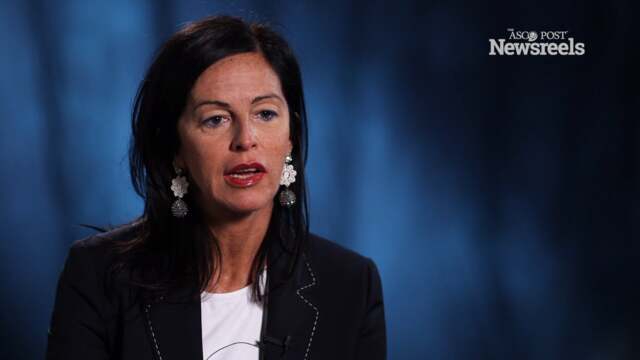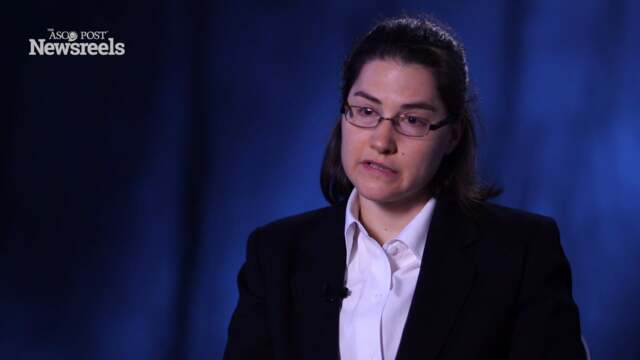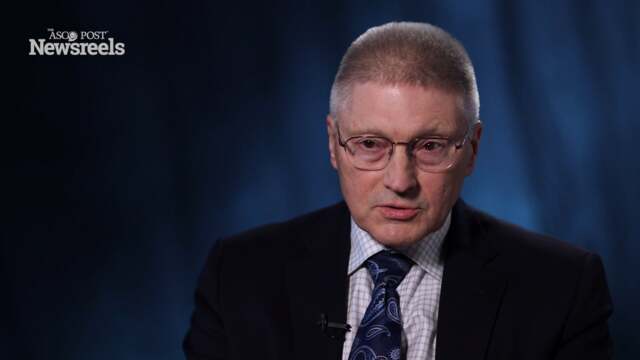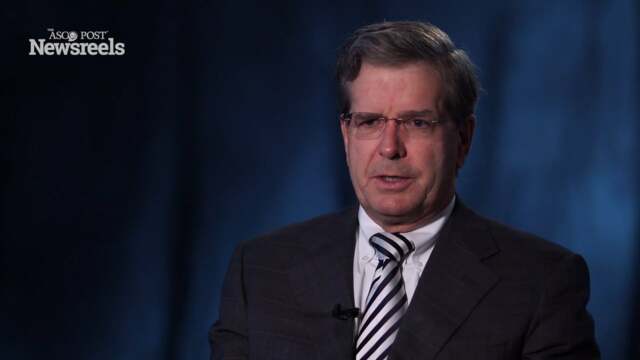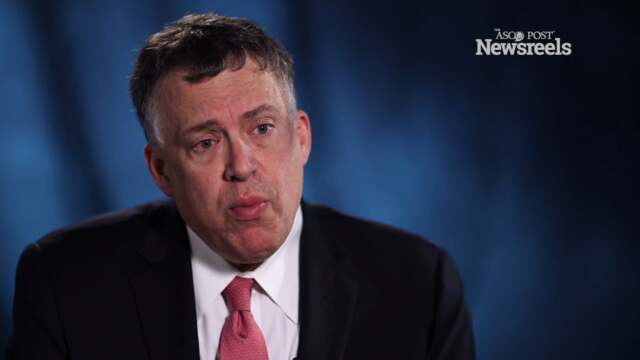Howard Jack West, MD, on New Kinase Targets for Treating Advanced NSCLC
2015 IASLC World Conference on Lung Cancer
Howard Jack West, MD, of the Swedish Cancer Institute, summarizes three important papers: anlotinib as third-line treatment for refractory advanced non–small cell lung cancer; the EGFR exon 20 mutation as a prognostic/predictive biomarker; and EGFR exon 18 mutations as molecular predictors of sensitivity to afatinib or neratinib (Abstracts ORAL 3.01, 3.02, and 3.03).
Silvia Novello, MD, PhD
Silvia Novello, MD, PhD, of the University of Turin, discusses a much-neglected aspect of lung cancer: It is not just the province of men; women are affected in great numbers as well.
Lorraine Cheryl Pelosof, MD, PhD
Lorraine Cheryl Pelosof, MD, PhD, of UT Southwestern Medical Center, discusses her study findings, which demonstrate an increasing proportion of never-smokers among patients with non–small cell lung cancer (Abstract ORAL 22.01).
Philip Bonomi, MD
Philip Bonomi, MD, of Rush Medical College, summarizes a debate on two important issues: choosing between surgery and stereotactic body radiation therapy (SBRT) in operable NSCLC, and whether or not to use SBRT for nonbiopsied lung nodules (Abstract PC 01).
James L. Mulshine, MD
James L. Mulshine, MD, of Rush University Medical Center, discusses the profound challenges of implementing national CT screening to ensure delivery of high-quality, best-practice early lung cancer detection in the target population of tobacco-exposed individuals (Abstract MS 15.01).
Roy S. Herbst, MD, PhD
Roy S. Herbst, MD, PhD, of the Smilow Cancer Hospital at Yale Cancer Center, discusses his findings of a phase III study comparing carboplatin/paclitaxel or carboplatin/paclitaxel/bevacizumab with or without concurrent cetuximab in advanced non–small cell lung cancer (Abstract PLEN04.01).
